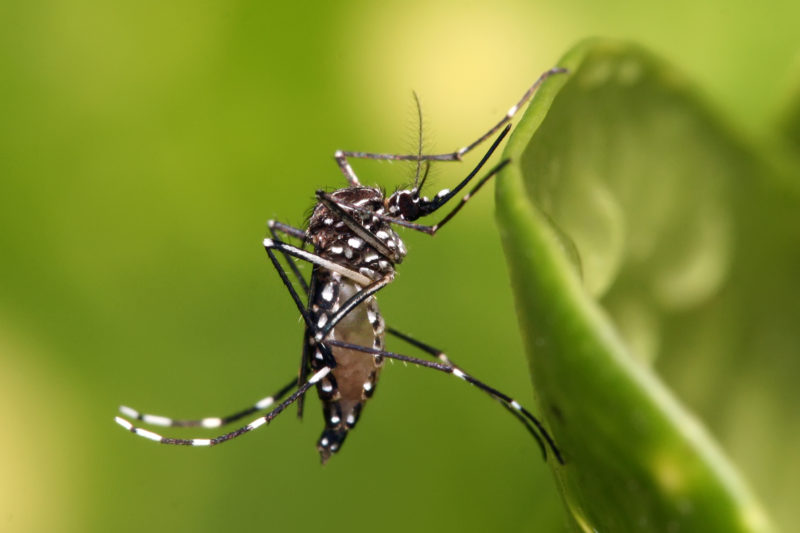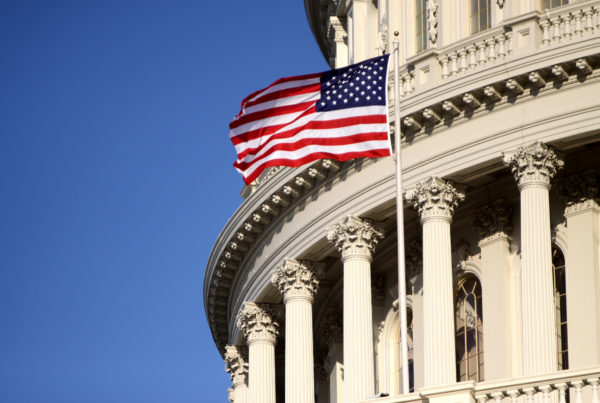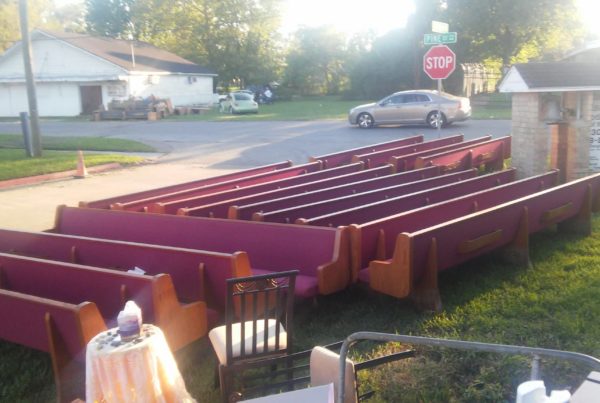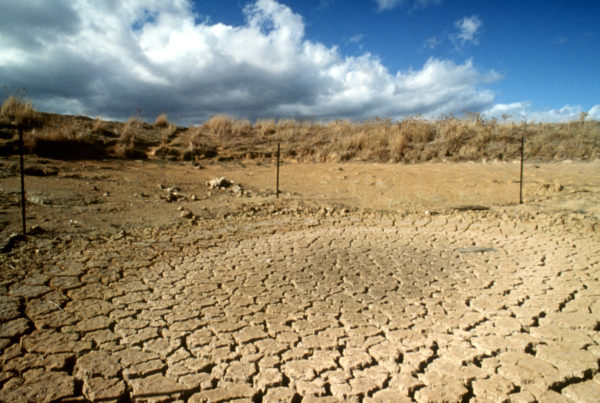Even as the floodwaters in most parts of Houston and the surrounding areas have receded, a different threat looms for those in the affected region – mosquitoes.
Dr. Peter Hotez, Dean of the National School of Tropical Medicine at Baylor College of Medicine, says a hurricane like Harvey brings more mosquitoes to affected areas, and extends the season when they are active.
Harvey dropped 27 to 30 trillion gallons of water, causing a big increase in mosquito populations, including those carrying diseases like West Nile, Zika or Dengue. Mosquito season along the Gulf Coast usually begins around May, picks up during the summer, then dies down in October or November. But further south, places in Texas that got hit with heavy flooding, including Houston, Corpus Christi and Beaumont, will most likely see mosquito-borne virus transmission well into October.
In Harris County, the Mosquito Control Authority is monitoring this problem by trapping mosquitoes, or putting their arm out, then counting the number of mosquitoes that land. Aerial spraying by mosquito trucks has different impacts on different mosquito species. While spraying may work for culex mosquitoes that are known for carrying West Nile, the aedes aegypti mosquitoes that transmit Zika and Dengue adapt to human habitats and are difficult to control.
“The biggest risk right now is that we have a historical precedent for big increases in West Nile virus infections.” Hotez says. “Nature’s telling us we have to definitely be on the lookout for that one.”
Written by Dani Matias.















